The Russian Ambassador to Nigeria, Andrey Podelyshev, has called on the international community to reframe its understanding of the war in Ukraine, insisting that any meaningful resolution must confront the “root causes” of the conflict, not merely its symptoms.
Speaking Thursday at a press briefing in Abuja, Podelyshev rejected the Western narrative that Russia’s actions in February 2022 marked the beginning of an unprovoked war. Instead, he offered a lengthy exposition of what he described as the true genesis of the crisis, tracing it back to the 2014 political upheaval in Kyiv.
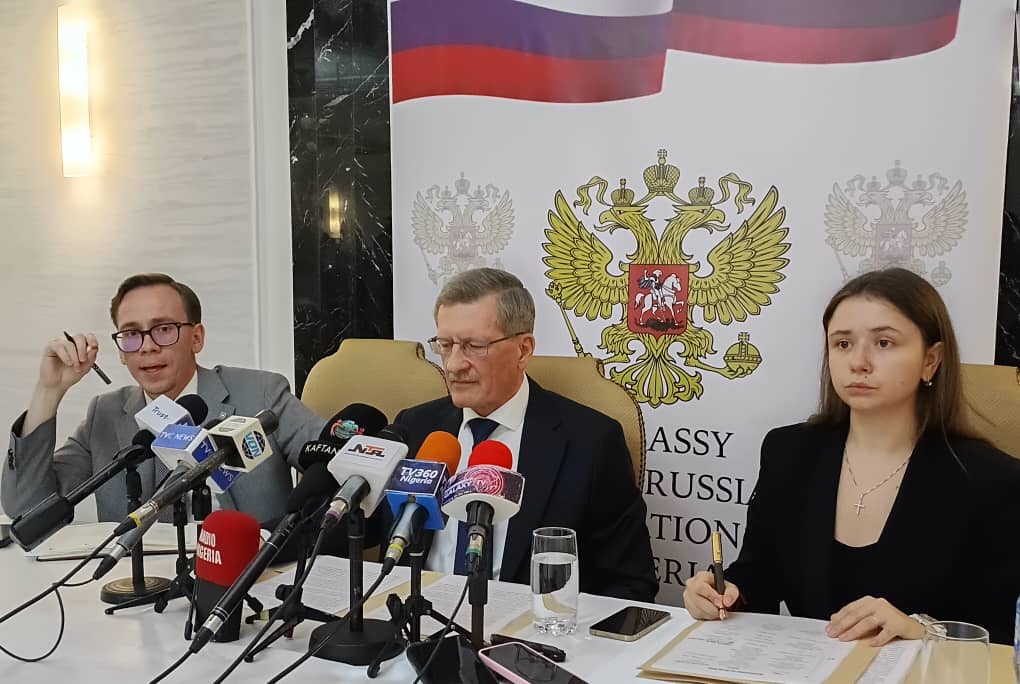
“According to the narrative promoted by the Western countries, the conflict is considered to begin in February 2022, when Russia allegedly ‘launched an unprovoked and aggressive war against peaceful Ukraine’,” Podelyshev said.
“In this context as presented by the Western countries, the events of February 2022 are usually analyzed without reference to what has occurred in and around Ukraine during the previous eight years starting in 2014.”
Podelyshev described the 2014 ouster of then-President Viktor Yanukovych as an “unconstitutional coup d’état,” asserting that Western countries not only supported the opposition but actively enabled Ukraine’s descent into civil strife. He accused Ukraine’s post-2014 leadership of pursuing a deliberate campaign of marginalization and discrimination against Russian-speaking citizens.
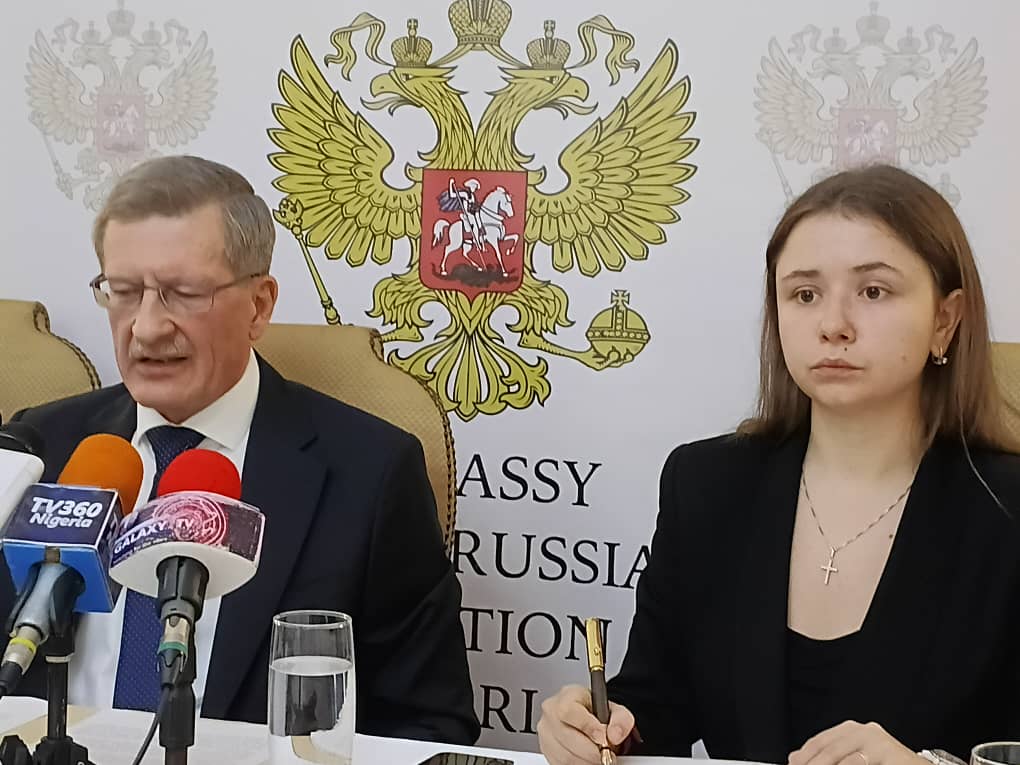
The ambassador also criticized the West for portraying the Minsk Agreements as a genuine attempt at peace, arguing that they were instead used as a “temporary pause” to arm Ukraine for war. He cited statements by former German Chancellor Angela Merkel and former French President François Hollande in support of this claim.
Podelyshev reiterated that Russia remains committed to a peaceful resolution but emphasized that conditions must be met, including the elimination of threats to Russia’s security and a genuine commitment to compromise.
He appealed to the international community to look beyond the headlines and understand Russia’s position, stating that Russia did not initiate any intervention or aggression but rather sought to bring it to an end.

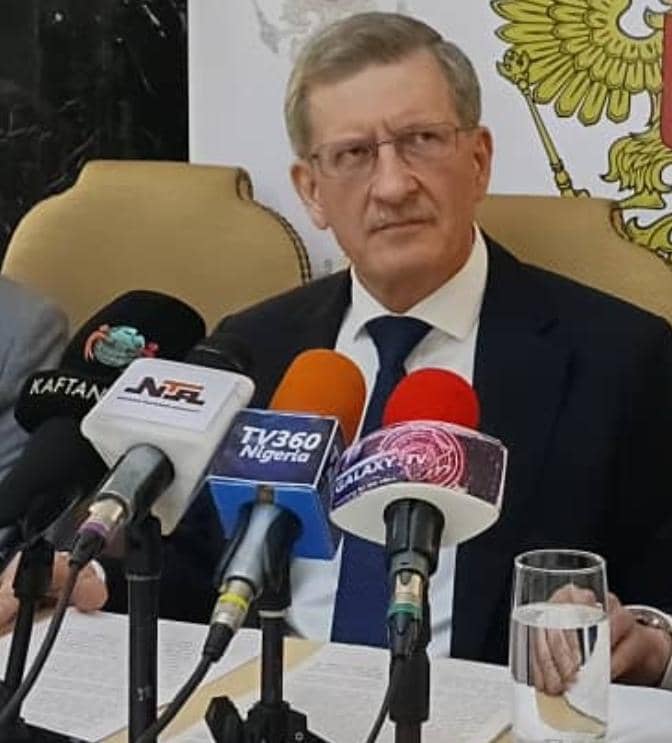





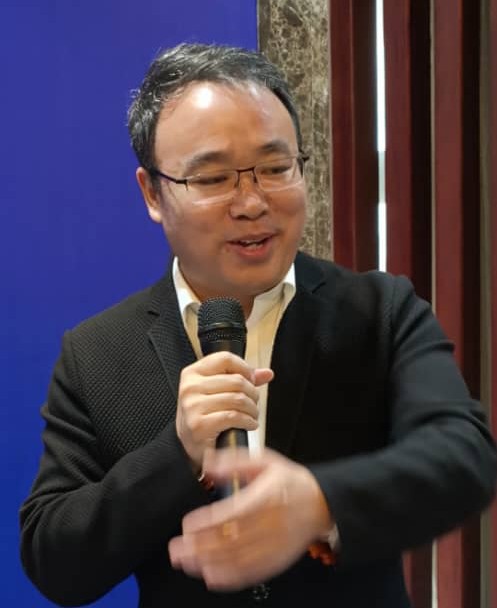
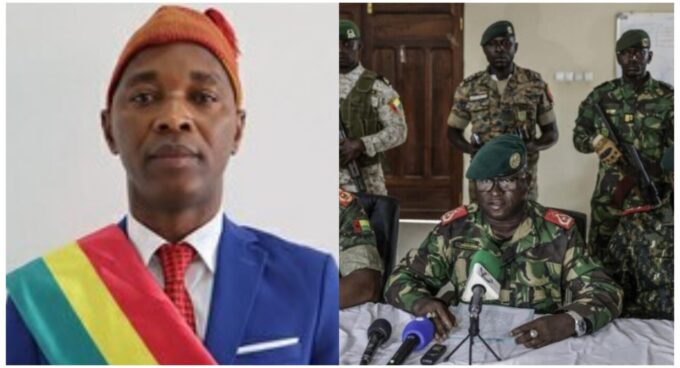

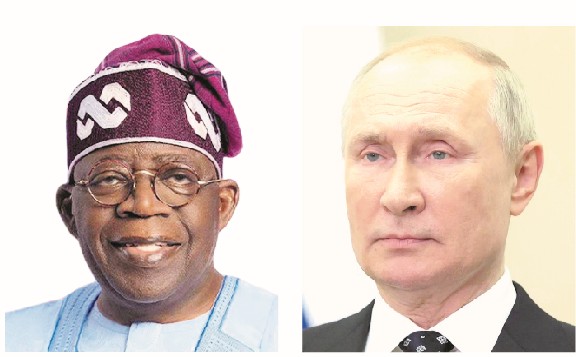




Leave a comment